Making kombucha is a commitment.
If you’re putting in the time, it makes sense to start with the best inputs to get the best results. The biggest input of all is the tea itself - after all, brewed tea is the fermentation base for kombucha.
That means the big question for kombucha brewers is: what is the best tea for kombucha?
In short, the best tea makes the best kombucha.
WANT FREE TEA?
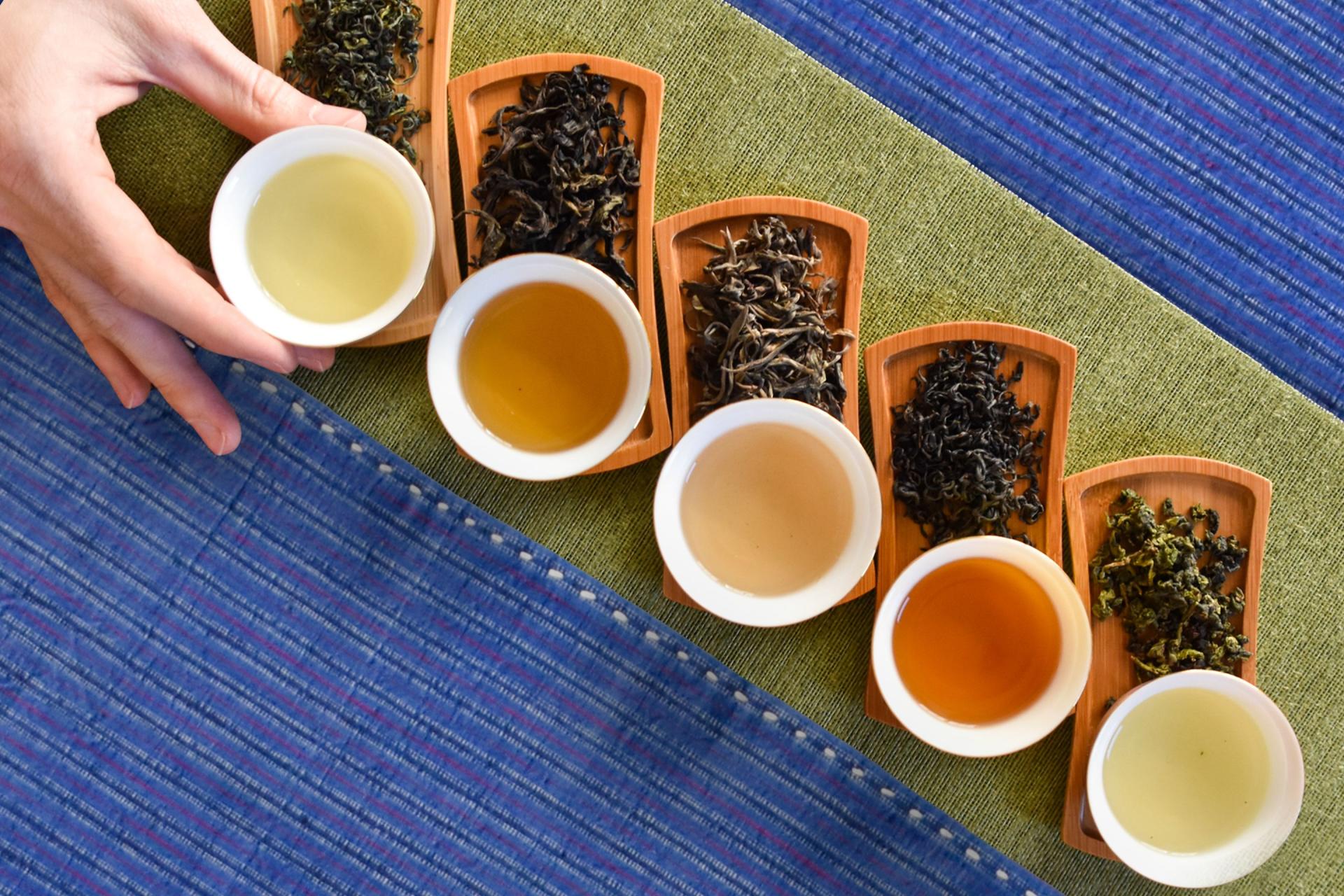

Sign up to get tea deals,
fun tasting journals and more
tea education with our special
Daily Deal Tasting Journal.
We’ll thank you with
a gift of free tea!
We talked to fermentation expert, beverage consultant, and owner of Prohibition Kombucha Nate Uri to learn how to choose the best tea for kombucha brewing. In this article, we’ll share his pro-tips and the science behind kombucha fermentation.
special thanks to Nate Uri for his contributions to this article


What Role Does Tea Play in the Kombucha Brewing Process?
When you brew kombucha, the tea you choose to brew has a dramatic effect on several aspects of the fermentation.
In Uri’s experience, caffeine content has a positive influence on SCOBY stability. This means higher caffeine teas can be a good choice.
In addition, Uri shares that “the oxidative qualities of black and some oolongs seem to speed up both fermentation time and SCOBY cap production, contributing more to vigor and overall SCOBY health, stability, and longevity.”
Finally, clean tea is critical for successful kombucha. “Fungicides, pesticides, or additional bioactive matter (usually dust, dirt, or unsanitary handling) can slow down and/or spoil even a healthy kombucha ferment. It’s extremely important to have the cleanest, highest quality tea possible both to make your next batch better and to keep your SCOBY healthy for the next hundred batches.”
-
• Clean tea means healthy, flourishing SCOBY
-
• Higher caffeine content makes for better fermentation
-
• Darker, oxidized teas often support overall SCOBY health


Is It Possible to Make Kombucha Without Tea?
Many home brewers want to know: can I use herbal tea to make kombucha? While it’s possible to make kombucha with an herbal infusion, it is very hard to maintain SCOBY integrity and longevity without tea.
Brew and fermentation expert Nate Uri explains in more detail:
“You can make great tisane kombucha 1st generation - meaning cultured with a tea kombucha. However, in subsequent tisane-only generations, the SCOBY biotic composition can shift, leading to problems from a different balance of yeasts and bacteria. That can affect alcohol and acidity levels, which is a safety concern. The more noticeable effect is that the kombucha’s consistency of flavor will suffer.”
If you choose to make kombucha without tea, keep these tips in mind:
-
• Begin fermentation with a tea-based kombucha culture
-
• Always carefully monitor alcohol levels and acidity
-
• To avoid safety issues, start new batches with tea kombucha culture instead of the herbal culture
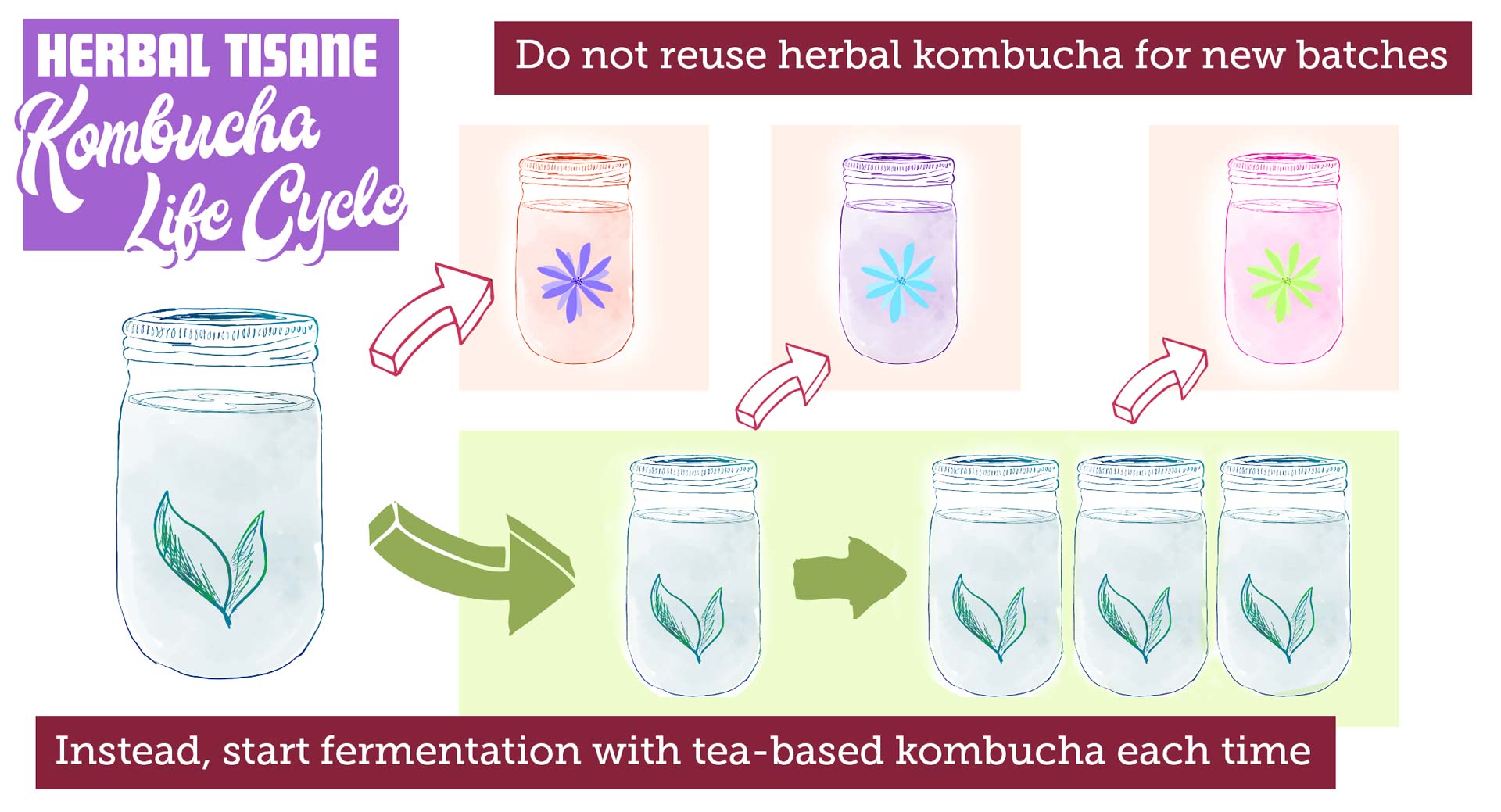

What is the Best Tea to Make Kombucha?
For fermentation, tea quality matters more than tea variety or processing.
“While it’s true that black and well oxidized oolongs technically do best,” Uri notes, “you can maintain a stable SCOBY on any clean, quality tea.”
The most important thing in selecting a tea for kombucha is thinking about the final flavor you are trying to achieve. \
-
• Fruity black teas are great with citrus and stone fruit flavors
-
• Malty black teas are best with ginger or spiced kombucha
-
• Oolong teas are versatile all-around best choices. Their aftertaste compliments kombucha’s sour effervescence. Some of the tastiest kombucha teas are made with oolong tea!
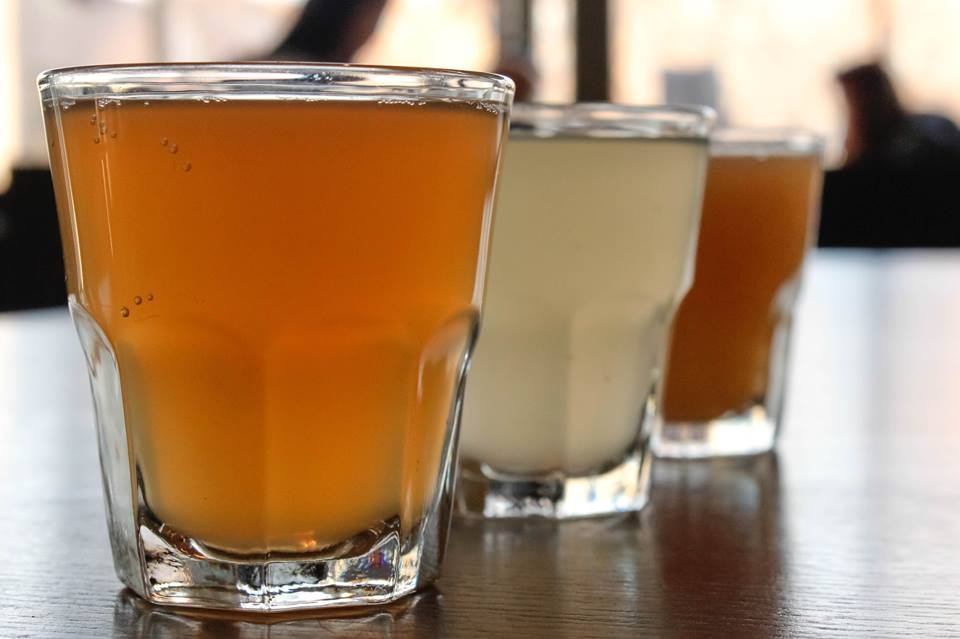

Best Black Tea for Kombucha
“The best black tea to make kombucha is always going to be the cleanest, highest quality black tea you can find," Uri advises.
Avoid teas grown with pesticides for tea without chemical residues. Stay away from large factory-farm operations and buy trustworthy tea, grown on small family farms where the environment adds flavor and complexity to the brew.
Favorite black tea options include:
-
• Laoshan Black for its malty rich creamy flavor
-
• Jin Jun Mei for its sweet, thick, crisp texture
-
• Mi Lan Black for its fruity floral notes
Green Tea vs Black Tea Kombucha: What’s the Difference?
In Nate Uri’s experience, darker black teas often produce healthier, longer-lasting SCOBY and more consistent kombucha, but there are always exceptions to the rule.
Any clean, well-made green tea can be used, because green teas can have as much caffeine as black tea - if not more!
Nate’s advice? “Pick green teas that are sweet - not smokey - and take care to carefully control the brew to avoid bitterness.”
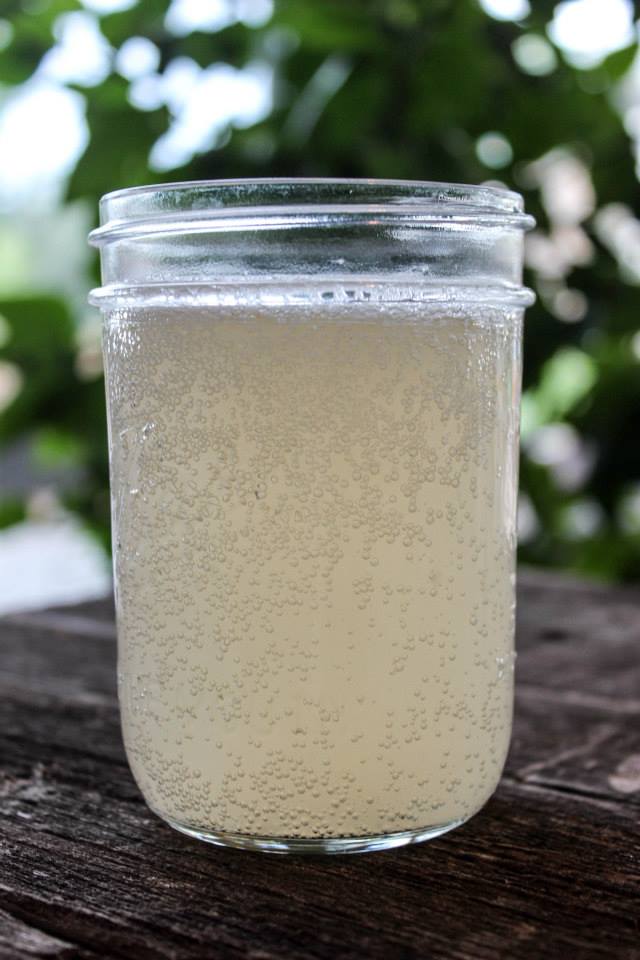

Other Teas to Use for Kombucha Tea
Feel free to experiment and go beyond the simple idea of green tea vs. black tea. The world of loose leaf tea is full of a huge variety of styles, and that means kombucha tea brews can be just as varied.
From floral juicy oolong, to deep rich sweet pu’er, tea should be more than just a fermentation base. Make it an essential part of your kombucha, the “secret ingredient” that gives your brew a boost.
-
• Oolong teas are the most versatile, offering juicy aftertaste and complex flavors that complement any kombucha.
-
• White teas can be very high in caffeine, benefiting your SCOBY. They often have a sweet aftertaste and a clean flavor for a more “neutral” base.
-
• Green teas can be challenging if they are smokey or too savory, but if you find sweet green teas, they can be beautiful textural kombucha bases.
-
• Pu’er tea undergoes its own fermentation for deep, complex flavor. Sweet sheng pu’er or deep shu pu’er can be perfect for unique kombucha flavors.
Teas to Avoid When Making Kombucha
Any clean, high quality tea without added flavors or botanicals will be able to maintain a healthy and stable culture to keep your kombucha going for many generations. So - what teas should you avoid when making kombucha?
Some are obvious. Any teas you wouldn’t want to drink on their own - like low quality, bitter teas made with pesticides - should not be used to brew kombucha. Others are less obvious, like flavored and blended teas.
Make sure to avoid these teas when making kombucha:
-
• Teas flavored with essential oils
-
• Teas blended with other herbs and botanicals
-
• Low quality teas produced with pesticides or finished in an unclean way
Using Flavored Teas for Kombucha
It is very important to avoid any flavored teas when you brew kombucha. As Uri explains, the oils can disrupt and kill bacteria in many SCOBYs.
“It might not happen right away, but after even three generations of a kombucha based on flavored tea, the SCOBY tends to ferment differently, and ultimately die.”
Instead, start with high quality base teas and only add flavors at the end of the process (blending with juices, etc) for more consistent results.


Can You Use Earl Grey for Kombucha?


Do not brew kombucha with Earl Grey tea. As tempting as it may be, Earl Grey is flavored with bergamot oil which could have long term consequences for your culture.
Earl Grey tea should always be avoided when brewing kombucha. Instead, consider mixing some of your finished batch with citrus juices to achieve a similar flavor.
Teas for Different Types of Kombucha
With so many different teas to work with, it is easy to be inspired to explore unique kombucha flavors. By starting with high quality base teas and adding flavor with juice at the end instead of using flavored teas for fermentation, you’ll see better more consistent results.
Here are a few of Nate Uri’s favorite kombucha tea combinations:
-
• Ginger Kombucha
-
• Lemon Citrus Kombucha
-
• Peach Kombucha
-
• Lychee Jasmine Kombucha


Ginger Kombucha
Soothing spiced ginger is a beautiful pairing with bright effervescent kombucha, making this one of the most popular pairings out there.
Nate Uri of Prohibition Kombucha suggests using:
-
• Fresh ginger juice
-
• Lemongrass Extract
Lemon Citrus Kombucha
Kombucha is naturally sour, so why not use that to your advantage with a healthy and nuanced tame on lemonade?
Nate’s favorite brew is a mix of:
-
• Sicilian Lemon Juice
-
• Orange Blossom Water
Peach Kombucha
Juicy peach paired with black tea fermented kombucha makes for a beautiful summer sparkler.
Nate’s favorite way to start is using:
-
• Peach Juice
-
• Honey
Lychee Jasmine Kombucha
For something really luscious and tropical, Nate Uri turns to the florals of jasmine and lychee.
It is important to remember that the jasmine should be brewed as a concentrate and added in small quantities after fermentation to keep the SCOBY healthy.
-
• Lychee Juice
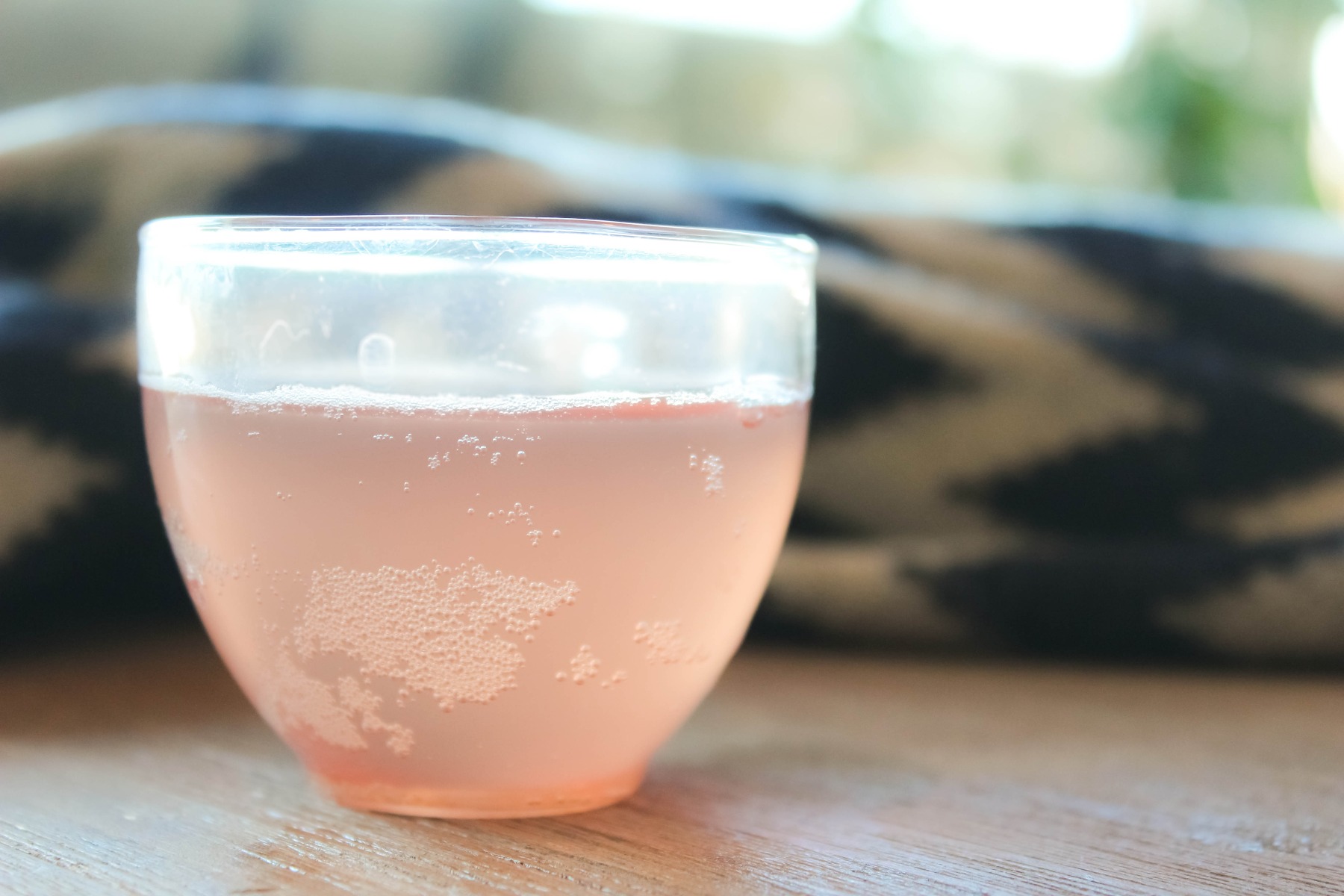

Tips for Brewing Kombucha Tea
Every kombucha starts with brewed tea.
The first choices you face are brew temperature, time and style. Brew too hot or too long and you can end up with bitter tea. Use the wrong size infuser or tea bag, and you don’t get enough extraction happening.
For best results, Nate Uri recommends using loose leaf tea and a long cold brew.
Brewing Kombucha with Loose Leaf Tea vs Bags
Whenever possible, use loose leaf tea to brew kombucha, not tea bags.
As Uri notes, “tea bags can be used, but do you really want that papery taste in your booch?”
In addition to poor flavor, tea bags limit water contact with the tea, making the brew take longer and risk becoming bitter and losing balance. Plus, brewing kombucha with loose leaf tea means there are so many more selections and high quality options!
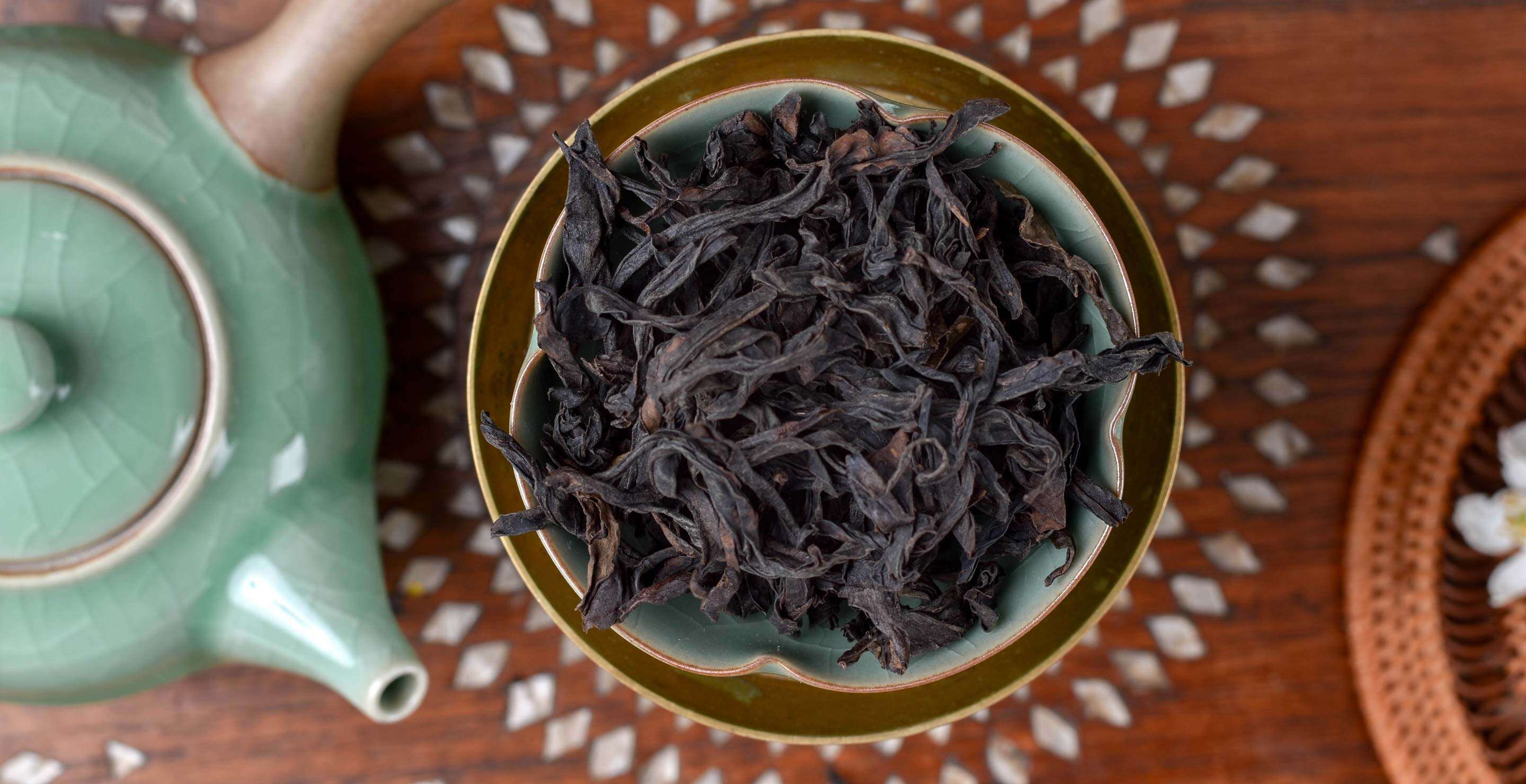

How Long Do You Steep Tea for Kombucha?
For a hot brew, time can be a big factor. Brew too long, and you’ve got too much bitterness.
The other main problem with hot brewing is that you must cool brewed tea properly before culturing it. Otherwise, you can damage the SCOBY. This is why so many kombucha brewers use cold brew tea.
For a cold brew kombucha tea base, anything between 12 and 36 hours yields great results. If you use high quality leaves, cold brew tea never gets bitter and is generally quite forgiving and hands-off.
As a bonus, the finished tea is already cold, so there’s no need to worry about hurting the SCOBY when culturing.
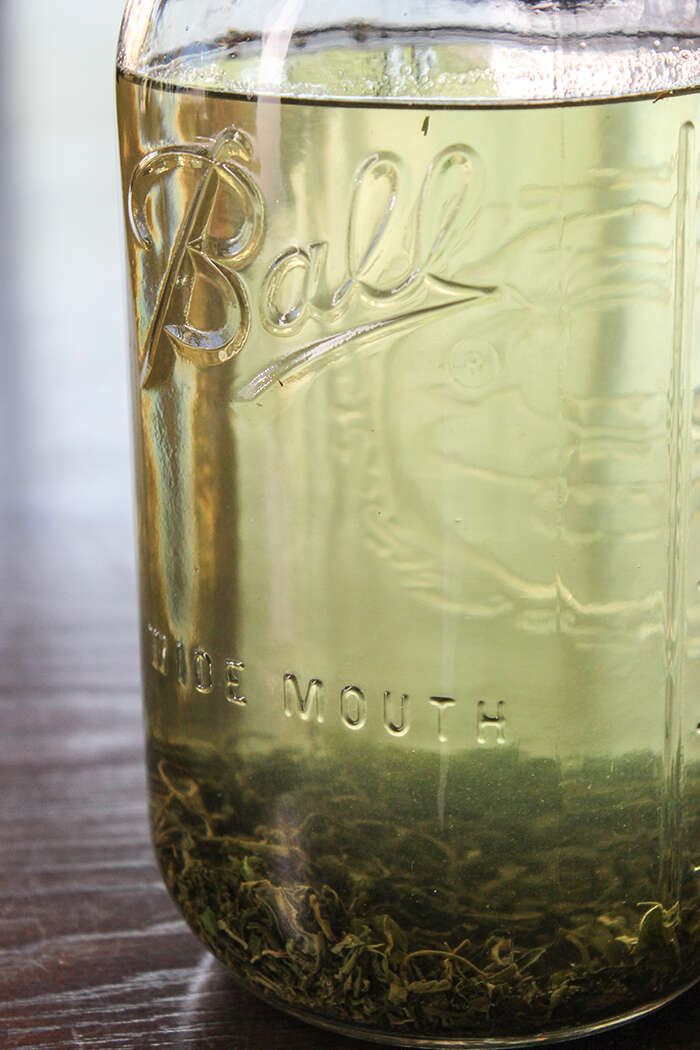

Explore Our Selection of Teas to Use for Brewing Kombucha
Like any fermentation, the more care that goes in up front, the better the kombucha you get at the end. This means seeking out the best ingredients and controlling brewing and fermentation carefully.
Tea is the number one ingredient in kombucha, and finding better tea is the easiest way to up your kombucha game. Luckily, this doesn’t have to be guesswork. Find the cleanest, highest quality tea that you can, and pick a tea whose texture and aftertaste match your goals.
We have been working with speciality kombucha brands for almost a decade looking to switch to clean teas grown by small family farms, and we’ve seen impressive results - crisp, light, clean kombucha with beautiful nuanced aftertaste. The secret is partnering with small family farmers like the He Family in Laoshan and Zhang Rongde in Anxi to bring in fresh high quality tea.


NATE URI is a food educator and award-winning brewer. Interested in commercial kombucha making? Get in touch for more info on wholesale tea and beverage consulting.


 How To
How To Myths & Legends
Myths & Legends Travelogue
Travelogue Tasting Journal
Tasting Journal Talking Shop
Talking Shop Tea 101
Tea 101 Watch
Watch Teaware
Teaware News
News

Leave a Reply